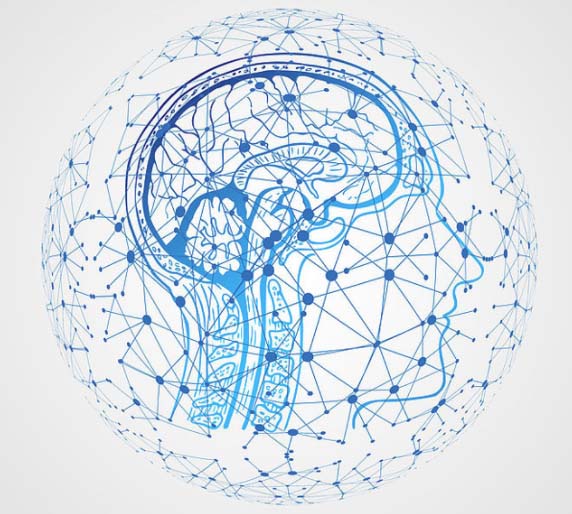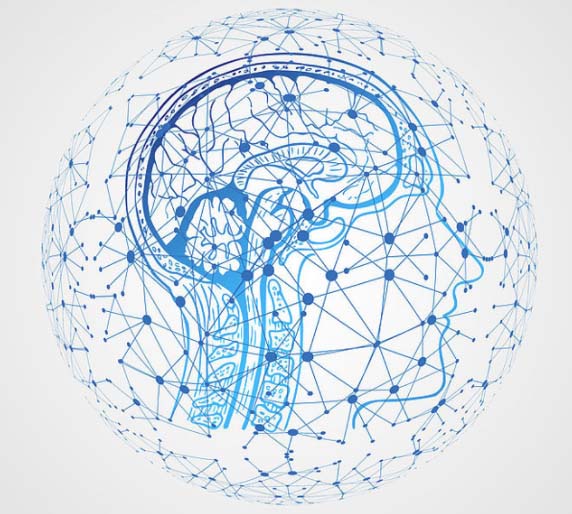Artificial Intelligence and Machine Learning Introduction and Developments
Find out how FIS and SAP are creating new machine learning technologies to solve real business problems

SAP Business Technology Platform
Artificial intelligence (AI) and machine learning (ML) are now being used by organisations of all sizes and across a diverse range of industries. Intelligent technologies support the digital transformation of companies and are becoming more important.
SAP provides basic functionalities for the development of modern Artificial Intelligence solutions with the SAP Business Technology Platform. The portfolio includes numerous innovative technologies, such as Artificial Intelligence, Machine Learning, Internet of Things (IoT), Big Data and Blockchain.
The platform provides application developers with comprehensive functions and a wide development environment they can use to enhance, integrate and quickly create innovative applications themselves without any infrastructure maintenance tasks.
Your benefits by implementing intelligent SAP Technologies
- Smooth integration of AI applications
- Easy adjustment, enhancement, optimisation and automation of processes
- Simplified and faster work flows
- Data-driven services can be provided immediately
- Detailed forecasts and, consequently, faster decision making on a strong data basis
- Creation of new data-based business models
- Improved adaptability to market changes
- Increased competitiveness and efficiency
- Directly measurable added value through cost reduction and time saving
Artificial intelligence and Machine Learning
Artificial Intelligence means the capacity of machines and systems to imitate human actions in order to simulate intelligent behaviour. It is either the fulfilment of specific tasks, such as advertising personalisation (applied AI), or more comprehensive activities, where entire systems or devices completely imitate human behaviour (general AI).
Contrary to many opinions, Machine Learning (ML) is not the same as AI. Machine Learning is part of Artificial Intelligence focusing on algorithms and mathematic models.
This intelligence is “trained” in such a way that it can solve any occurring problems by itself by developing the appropriate AI algorithms. The bigger the dataset and the number of sources, the more successful AI technology will be.
Machine Learning is essentially a sub-division of Artificial Intelligence. It is about imparting knowledge to machines or computers. To this end, a neural network or models need to be trained with data, such as texts or images.
The respective data can be unstructured financial data from the SAP system for instance. From the mass of training data, the system extracts characteristic features to enable a direct recognition and assignment of the data imported in the future based on these features.
Overview of SAP intelligent technologies
- Conversational Artificial Intelligence (AI or CI) includes the entirety of intelligent technologies standing behind automated message transmission and voice-activated applications. They enable human-like interactions between computers and humans. As a result, users will be guided and supported in their daily business.
- Intelligent Robotic Process Automation (IRPA) is the combination of RPA, ML and AI. Tasks, such as the processing of messages and orders or the execution of data transfers, are assigned to digital robots or “bots”. These bots efficiently implement time-consuming and repeating processes.
- Internet of Things (IoT) means the networking of devices, machines and installations with and through the Internet. Sensor data transferred in real time increase the transparency of business processes. Decisions based on this data will be made proactively and more quickly.
- Machine Learning (ML) IT systems (machine learning models) are trained on the basis of existing datasets and algorithms enabling them to identify patterns and rules and use them to develop results by themselves. In this way, business decisions are optimized or even made automatically.
FIS Machine Learning Applications and Development
Usually, self-learning technologies, such as ML, become relevant if applications cannot be optimised or developed in a rules-based way. The FIS professionals work every day on testing and further developing innovations by using ML, RPA and bots. FIS, for instance, enhances its own products through the use of machine learning or further develops customer-specific ideas and proposals.
FIS strategy has always been to put the customer requirements at the centre of our thinking. That is why FIS offers both SAP applications and our own self-developed optimisation applications, with teams of experts who will work with you to find technology solutions for your specific challenges.
As an example, within our SAP integrated invoice processing solution, FIS / edc (invoice monitor), the two main technology components use machine learning technologies to automate the invoice throughputs with less human intervention.
In the FIS OCR data reading application (FIS / fci), the embedded machine learning technology is able to extract the key content from an invoice in the same way that an individual would recognise the data (i.e. data in the vicinity of key words and prefixes) and then later stores the key data in a knowledge base for subsequent invoices from the same supplier.
In the SAP integrated invoice processing module (FIS / edc), machine learning can be used to create automatic account assignments and direct FI invoices to the correct individuals or groups based on the experience of previous postings.



